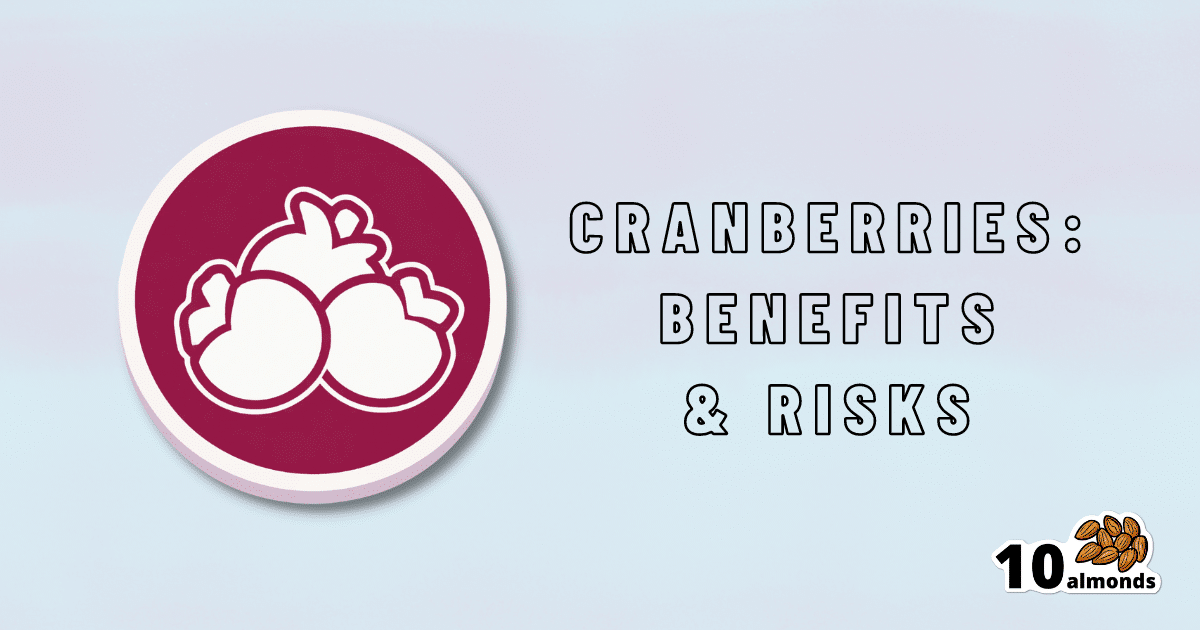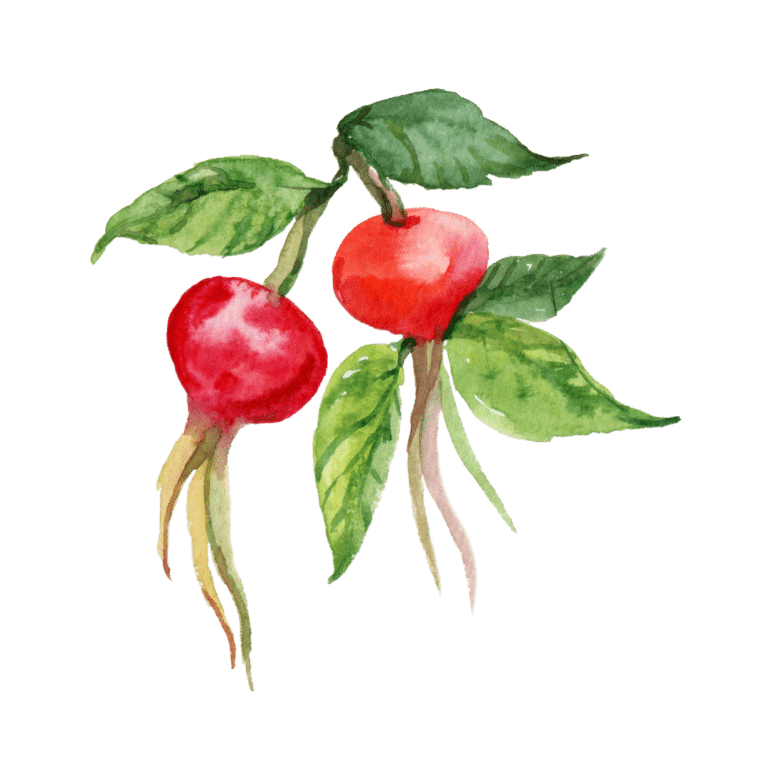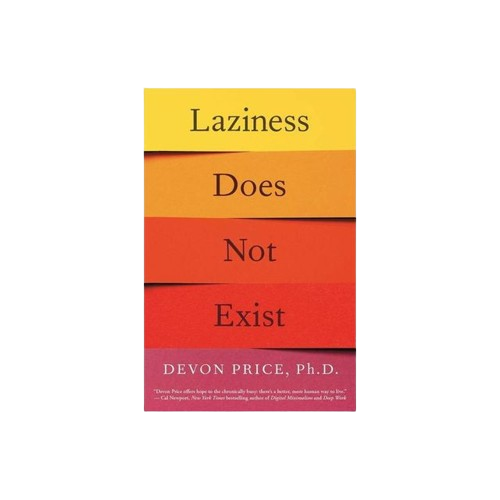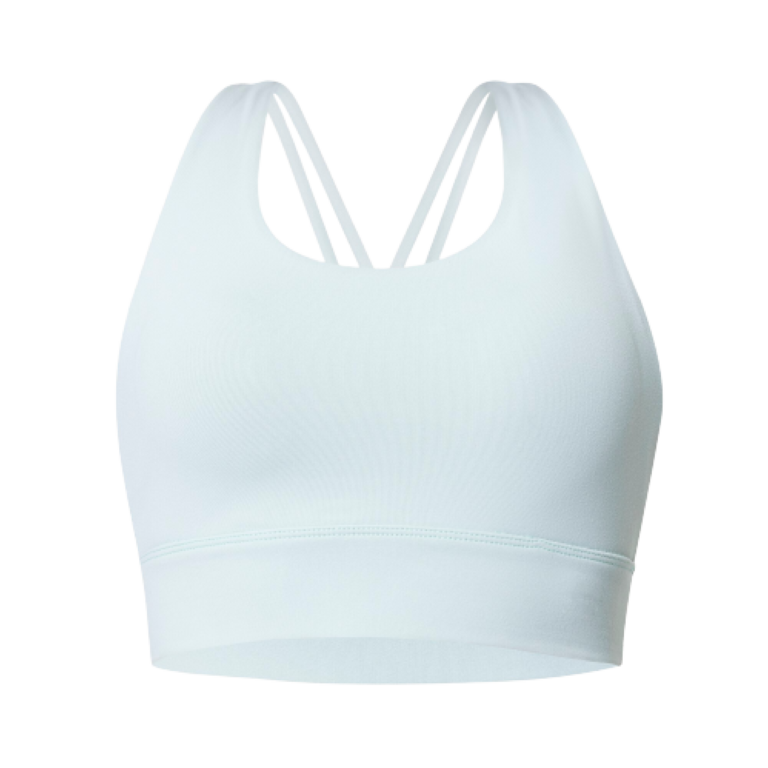Health Benefits Of Cranberries (But: You’d Better Watch Out)
Health Benefits Of Cranberries (But Be Cautious). Cranberries are packed with antioxidants, anti-inflammatory properties, and anti-cancer properties. They boost the immune system, promote heart health, and prevent urinary tract infections.

Health Benefits Of Cranberries (But: You’d Better Watch Out)
Quick clarification first: today we’re going to be talking about cranberries. Not “cranberry juice drink” that is loaded with sugar, nor “cranberry jelly” or similar that is more added sugar than it is cranberry.
We’re going to keep this short today, because “eat berries” is probably something you know already, but there are some things you should be aware of!
The benefits
Cranberries, even more than most berries, are full of polyphenols and flavonoids that do “those three things that usually come together”: antioxidant properties, anti-inflammatory properties, and anti-cancer properties
Unsurprisingly, this also means they’re good for the immune system and thus quite a boon in flu season:
They’re also good for heart health:
Quick Tip: we’re giving you one study for each of these things for brevity, but if you click through on any of our PubMed study links, you’ll (almost) always see a heading “Similar articles” heading beneath it, which will (almost) always show you plenty more.
Perhaps the most popular reason people take cranberry supplements, though, is their effectiveness at prevention of urinary tract infections:
Indeed, their effectiveness is such that researchers have considered them a putative alternative to antibiotics, particularly in individuals with recurrent UTIs:
Is it safe?
Cranberries are generally considered a very healthful food. However, there are two known possible exceptions:
If you are taking warfarin, it is possible that cranberry consumption may cause additional anti-clotting effects that you don’t want.
If you are at increased risk of kidney stones, the science is currently unclear as to whether this will help or hinder:
- Influence of cranberry juice on the urinary risk factors for calcium oxalate kidney stone formation ← this one concluded “Cranberry juice has antilithogenic properties and, as such, deserves consideration as a conservative therapeutic protocol in managing calcium oxalate urolithiasis”
- Dietary supplementation with cranberry concentrate tablets may increase the risk of nephrolithiasis ← this one, as you can see, concluded the opposite
- Safety of Cranberry: Evaluation of Evidence of Kidney Stone Formation and Botanical Drug-Interactions ← this one acknowledges “contradictory data regarding the role of cranberry in kidney stone formation”
Where can I get some?
You can probably buy fresh, frozen, or dried cranberries from wherever you normally do your grocery shopping.
However, if you prefer to take it in supplement form, then here’s an example product on Amazon 😎
Enjoy!
Share This Post
Learn To Grow
Sign up for weekly gardening tips, product reviews and discounts.




